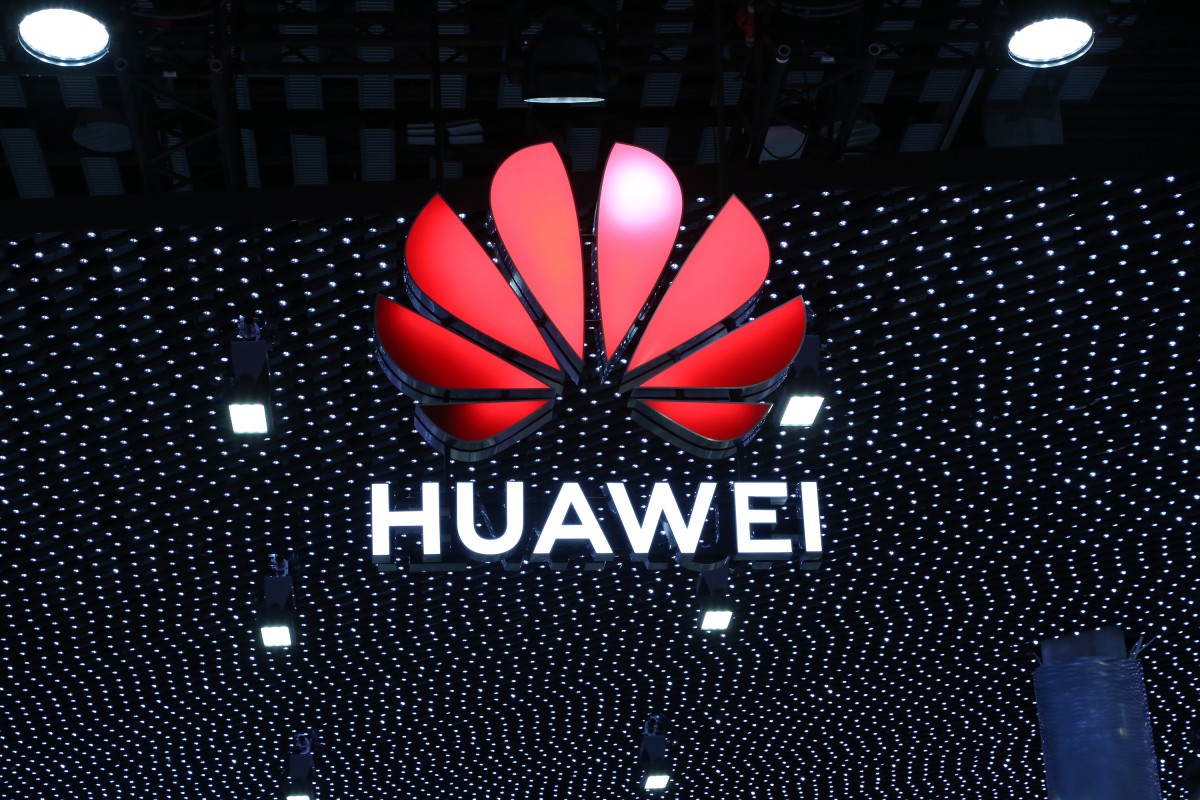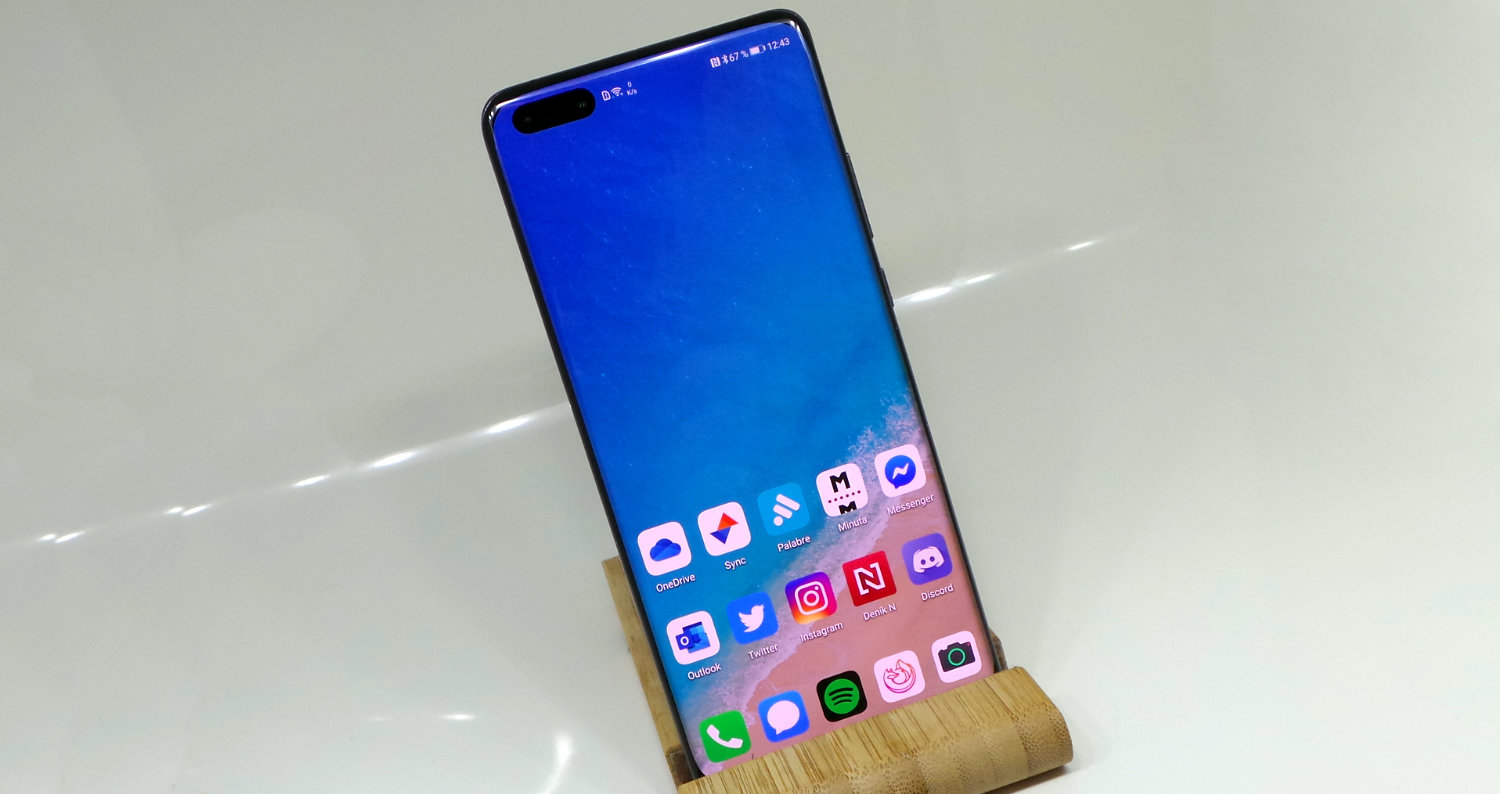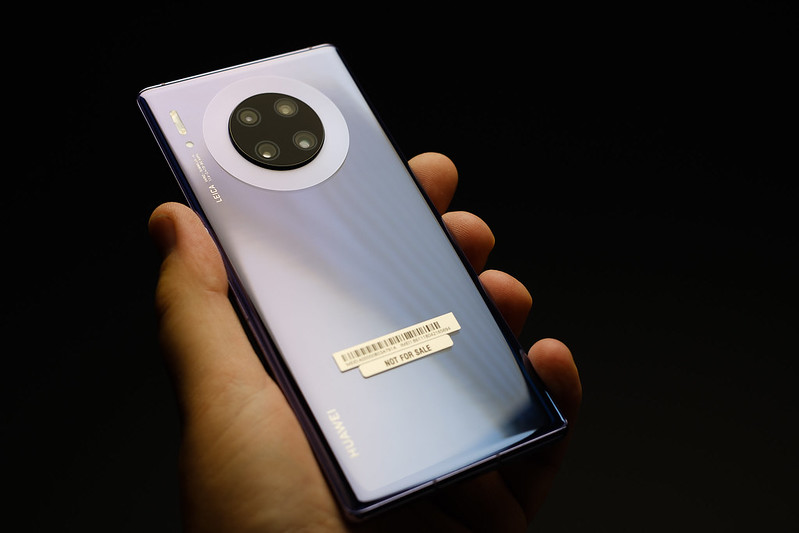Less than a year ago, Huawei became the largest smartphone manufacturer in the world. However, its rise was halted by US sanctions the year before last. They gradually began to put pressure on the Chinese technology giant in such a way that it was forced last November to sell its Honor division. Now, news has hit the airwaves that the company is in talks to sell its flagship Huawei P and Mate series to a group of government-funded firms in Shanghai.
According to Reuters, which broke the news, negotiations have been ongoing for several months, but no final decision has yet been reached. Huawei is said to be still holding out hope that it can replace foreign component suppliers with domestic ones, which would allow it to continue making phones.
The interested parties are supposed to be investment firms financed by the Shanghai government, which could form a consortium with the sellers of the technological colossus to take over the flagship series. This would be a similar sales model to Honor.
The Huawei P and Mate series occupy a key place in the Huawei range. Between the third quarter of 2019 and the same quarter of last year, the models of these lines earned him 39,7 billion dollars (over 852 billion crowns). In the third quarter of last year alone, they accounted for almost 40% of all sales of the smartphone giant.
Huawei's main problem at the moment is a shortage of components - in September of last year, tightened US Commerce Department sanctions cut it off from its main chip supplier, TSMC. Huawei reportedly does not believe that the Biden administration will lift the sanctions against it, so the situation will remain unchanged if it decides to continue to have the aforementioned lines on offer.
According to insiders, Huawei hoped to be able to shift production of its Kirin chipsets to China's largest chip maker SMIC. The latter is already mass-producing the Kirin 14A chipset for him using the 710nm process. The next step was supposed to be a process called N+1, which is said to be comparable to 7nm chips (but not comparable to TSMC's 7nm process according to some reports). However, the former US government blacklisted SMIC at the end of last year, and the semiconductor giant is now facing production difficulties.
A Huawei spokesperson denied that the company intends to sell its flagship series.
You could be interested in



